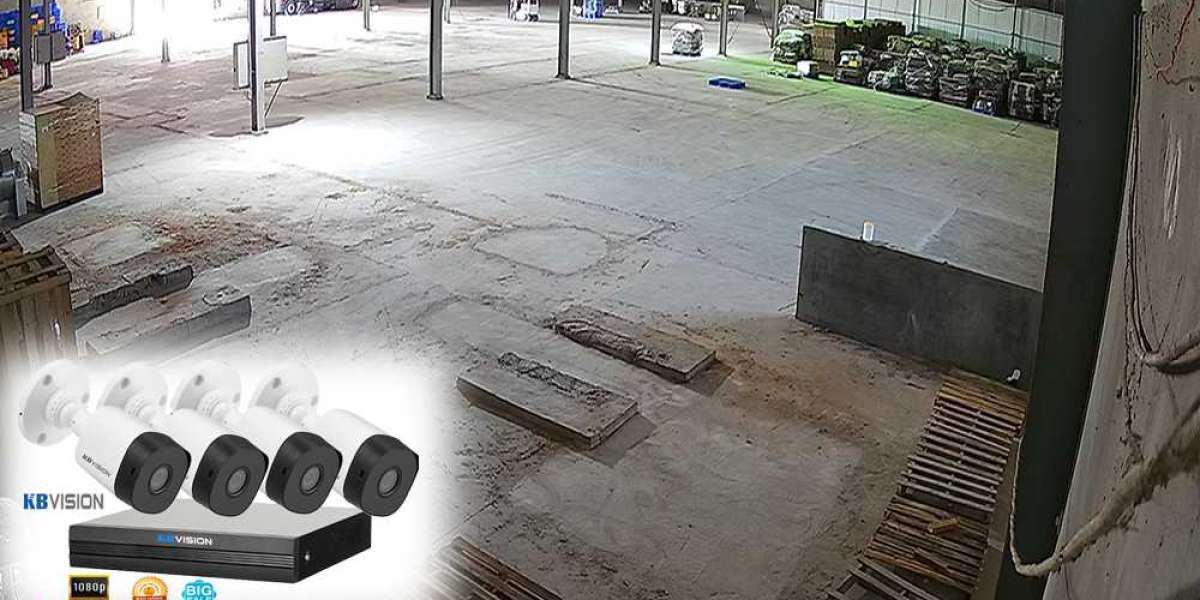Dry ice blasting is:
- the use of solid CO2 (carbon dioxide) pellets accelerated by compressed air to clean or strip industrial equipment, machinery, facilities etc. of unwanted contaminates. Dry ice pellets impact the surface and expand instantly into a gaseous state hundreds of times greater than their original solid volume, creating miniature explosions on the surface being cleaned. Dry ice is -109 F, this thermal shock aids in removing many materials.
- controlled by adjusting the air pressure and the volume of pellets used. In so doing heavy layers of coatings, paint, resins, mold, plastic, carbon build up, adhesives etc. are easily removed. On the delicate side a deflector plate at the end of the nozzle causes the pellets to change to powder on impact, allowing the cleaning of even circuit boards.
- a huge benefit in protecting investments. No longer is there a need to use abrasive media blasting, rotary sanding discs, abrasive pads, scrapers etc. which remove metal and cause expensive tooling repair. If the surface was originally polished, it will still be polished after the dry ice blasting job is done. Dry ice blasting removes no metal, extending equipment and tooling life.
- not abrasive, therefore masking of glass, bearings, moving metal parts etc. is not required. Many types of machines can now be cleaned in place and on line, completely eliminating the need of shutdowns for cleaning. Less downtime equals greater production time.
- safe and environmentally friendly. Dry ice is pure CO2 in its solid state, it is in its gaseous state in the air around us. When we inhale our bodies use the oxygen and we exhale CO2. Green plants take CO2 from the air and give off oxygen.
- non-toxic, non-conductive and there is no employee exposure to hazardous cleaning chemicals or solutions. Dry ice blasting meets the guidelines of the USDA, EPA, and the FDA.







